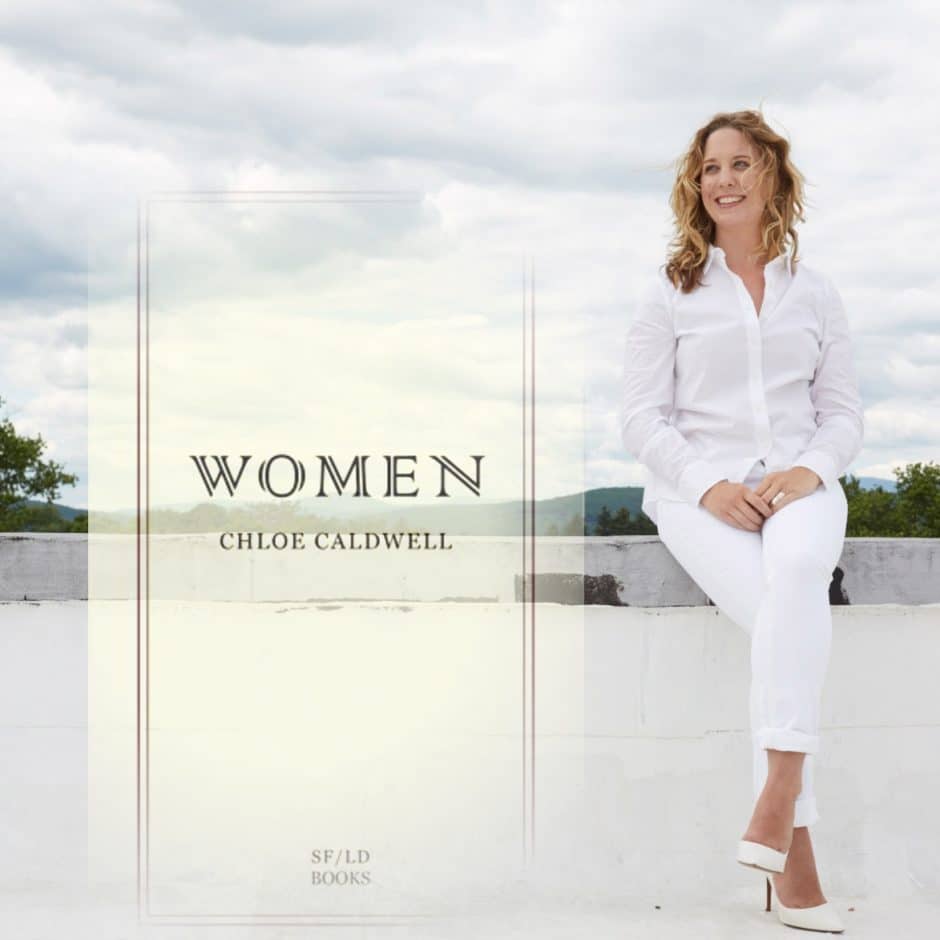The Converse-Station.
Jen Pastiloff here. I’m the founder of The Manifest-Station. Welcome to The Converse-Station: A place where writers interview writers. With the site getting so much traffic, I can think of no better way to utilize that traffic than to introduce the readers to writers I love. The dialogues created within this series have stayed with me long after I’ve read them on the page. Today’s is no different. It’s between Angela Giles Patel (who happens to be one of my best friends and one of the 2 editors of this site) and the incomparable Chloe Caldwell, who is just an astounding writer, teacher, truth-teller.
By Angela Giles.
My first introduction to Chloe Caldwell was via her Letter in the Mail from The Rumpus. In the letter she admitted “I’ve never known how to write a letter, or a postcard, (or an email…?) without just going into the dumb shit in my brain.” And it continued on for nine glorious pages filled with all sorts of wonderful. By the end, I was smitten by her and immediately read everything I could get my hands, or cursor, on. Then I learned she was teaching an online course at LitReactor. I signed up, paid attention, and the rest is history. Continue Reading…











